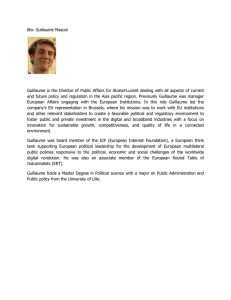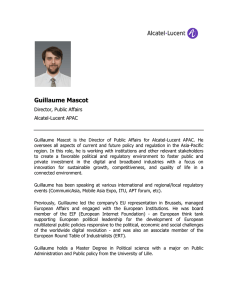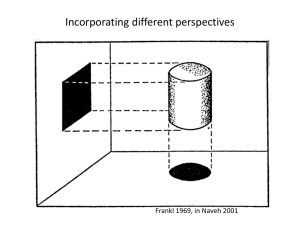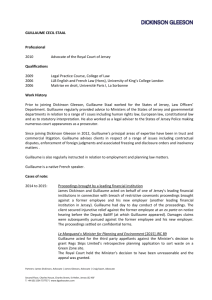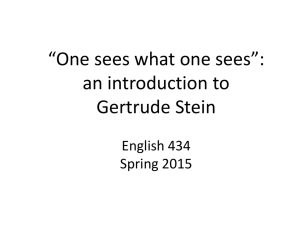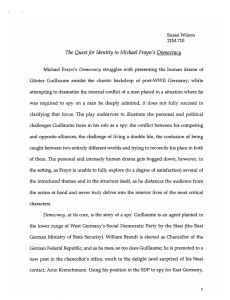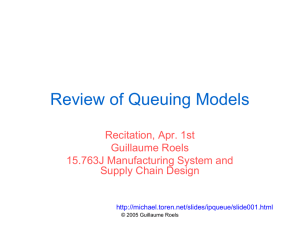Democracy
advertisement
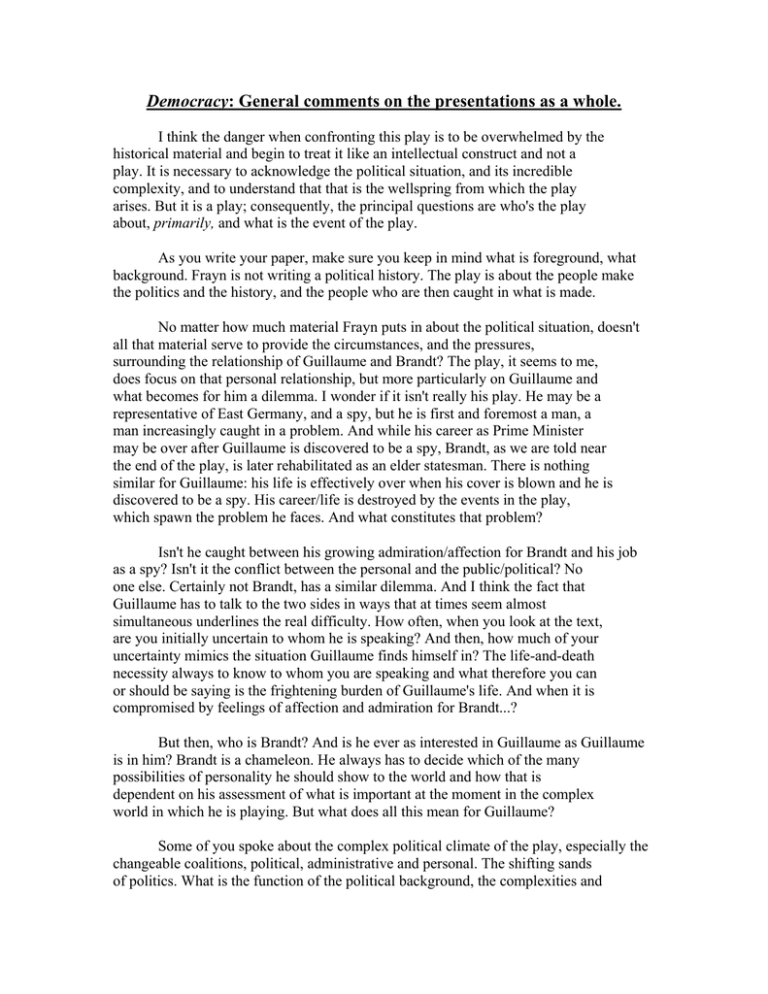
Democracy: General comments on the presentations as a whole. I think the danger when confronting this play is to be overwhelmed by the historical material and begin to treat it like an intellectual construct and not a play. It is necessary to acknowledge the political situation, and its incredible complexity, and to understand that that is the wellspring from which the play arises. But it is a play; consequently, the principal questions are who's the play about, primarily, and what is the event of the play. As you write your paper, make sure you keep in mind what is foreground, what background. Frayn is not writing a political history. The play is about the people make the politics and the history, and the people who are then caught in what is made. No matter how much material Frayn puts in about the political situation, doesn't all that material serve to provide the circumstances, and the pressures, surrounding the relationship of Guillaume and Brandt? The play, it seems to me, does focus on that personal relationship, but more particularly on Guillaume and what becomes for him a dilemma. I wonder if it isn't really his play. He may be a representative of East Germany, and a spy, but he is first and foremost a man, a man increasingly caught in a problem. And while his career as Prime Minister may be over after Guillaume is discovered to be a spy, Brandt, as we are told near the end of the play, is later rehabilitated as an elder statesman. There is nothing similar for Guillaume: his life is effectively over when his cover is blown and he is discovered to be a spy. His career/life is destroyed by the events in the play, which spawn the problem he faces. And what constitutes that problem? Isn't he caught between his growing admiration/affection for Brandt and his job as a spy? Isn't it the conflict between the personal and the public/political? No one else. Certainly not Brandt, has a similar dilemma. And I think the fact that Guillaume has to talk to the two sides in ways that at times seem almost simultaneous underlines the real difficulty. How often, when you look at the text, are you initially uncertain to whom he is speaking? And then, how much of your uncertainty mimics the situation Guillaume finds himself in? The life-and-death necessity always to know to whom you are speaking and what therefore you can or should be saying is the frightening burden of Guillaume's life. And when it is compromised by feelings of affection and admiration for Brandt...? But then, who is Brandt? And is he ever as interested in Guillaume as Guillaume is in him? Brandt is a chameleon. He always has to decide which of the many possibilities of personality he should show to the world and how that is dependent on his assessment of what is important at the moment in the complex world in which he is playing. But what does all this mean for Guillaume? Some of you spoke about the complex political climate of the play, especially the changeable coalitions, political, administrative and personal. The shifting sands of politics. What is the function of the political background, the complexities and the maneuverings of the characters and relationships? Why are they so much a part of the play? Don't they let us see how unstable the political world is, how changeable and unpredictable, and consequently how sure-footed anyone who navigates this world has to be? That is a statement about the world of the characters and the play, but it also emphasizes how difficult is Guillaume's job. Finally, there are some things he cannot control or adjust and he's doomed. It would be good to think about who all the characters are in particular and what function they play. Do not assume that the only reason they are in the play is because they are part of history. Note the changing ideals and changing allegiances AND the difference between what is going on in public and under the table; again, that makes the job difficult for Guillaume, especially as he comes to admire Brandt. Trying to do your job is infinitely harder when you can never be sure of where your colleagues stand, never sure who might have knowledge you don't have and need to survive - and when your feelings get in the way. And don't forget there is a real "thriller" aspect to the play. It is a spy drama.
